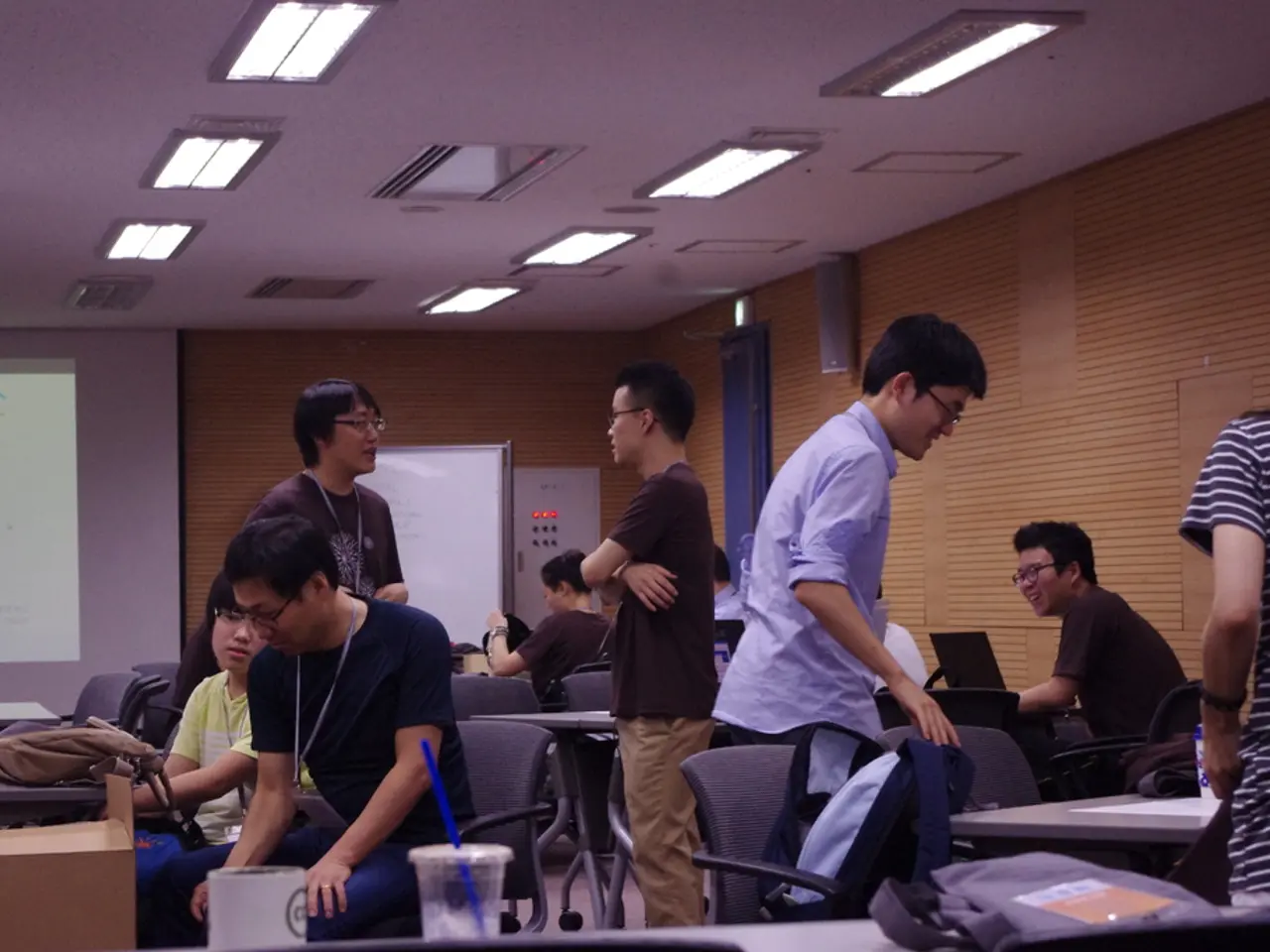Streamlining a Study Agenda through Artificial Intelligence
In the world of academia, exam preparation can be a daunting task, especially for major exams like the first board exam in medical school - a nine-hour test with 352 multiple-choice questions. However, the advent of AI tools like ChatGPT is making this process more manageable and efficient.
For those preparing for large-scale projects or exams, leveraging AI's ability to create personalised, dynamic, and efficient plans is a game-changer. AI can generate balanced schedules that alternate challenging topics with lighter review, incorporate spaced repetition for better retention, and enable real-time adjustments based on your ongoing progress and workload changes.
To get an effective, personalised study plan from ChatGPT, it's essential to provide detailed contextual information. This includes the scope and content areas of the project or exam, the deadline or target date, available daily time for studying and preferred study times, learning preferences or styles, current level of preparation, goals and priorities, energy levels and work habits, external commitments, and any resources to be used.
For instance, a medical student might frame their request like this: "I have an exam covering [subject topics] in [X weeks]. I can study 3 hours on weekdays and 5 hours on weekends, mostly in the morning. My strengths are in [topics], but I struggle with [topics]. I prefer visual learning, and my goal is to complete topic revision one week before the exam for review. Please create a personalised, balanced study schedule with spaced repetition and time for breaks."
The AI-generated plans are optimised with cognitive load balancing and schedule flexibility, making study more efficient and responsive. Furthermore, AI-powered time management tools like Motion or Reclaim.ai can be used for automated calendar management, adapting to tasks, deadlines, and personal well-being, helping to avoid burnout and maintain momentum.
The exam in question is the COMLEX Level 1, which covers every foundational area of osteopathic medicine. The AI-generated schedule needs to be refined to meet the user's preferences and needs. Once refined, the schedule can be exported into various formats such as .csv, .pdf, and .ics, and synced with Google Calendar.
In summary, optimising study schedules by providing AI with detailed inputs on content, timing, preferences, and constraints, and requesting dynamic, balanced plans with progress tracking and review cycles, can maximise retention and efficiency. By using AI tools like ChatGPT, students can create personalised, manageable study plans, ensuring they are well-prepared for their exams.
Planning matters, and procrastination can hinder progress when preparing for exams or large projects. By stating their end goal and asking ChatGPT what it needs from them to achieve that result, students can ensure they are on the right track to success.
- AI tools like ChatGPT can generate personalized study plans that are dynamic, efficient, and tailored to the unique needs of each student, making exam preparation more manageable, especially for major exams like the COMLEX Level 1 in medical school.
- To benefit from AI-generated study plans, students should provide detailed contextual information such as the scope and content areas of the exam, study habits, learning preferences, current level of preparation, goals, energy levels, external commitments, and available daily time for studying.
- Educational technology, like AI-powered study planning tools, can optimize study schedules with cognitive load balancing and schedule flexibility, helping students to achieve greater retention and efficiency in their learning and ensuring they are well-prepared for their exams.




